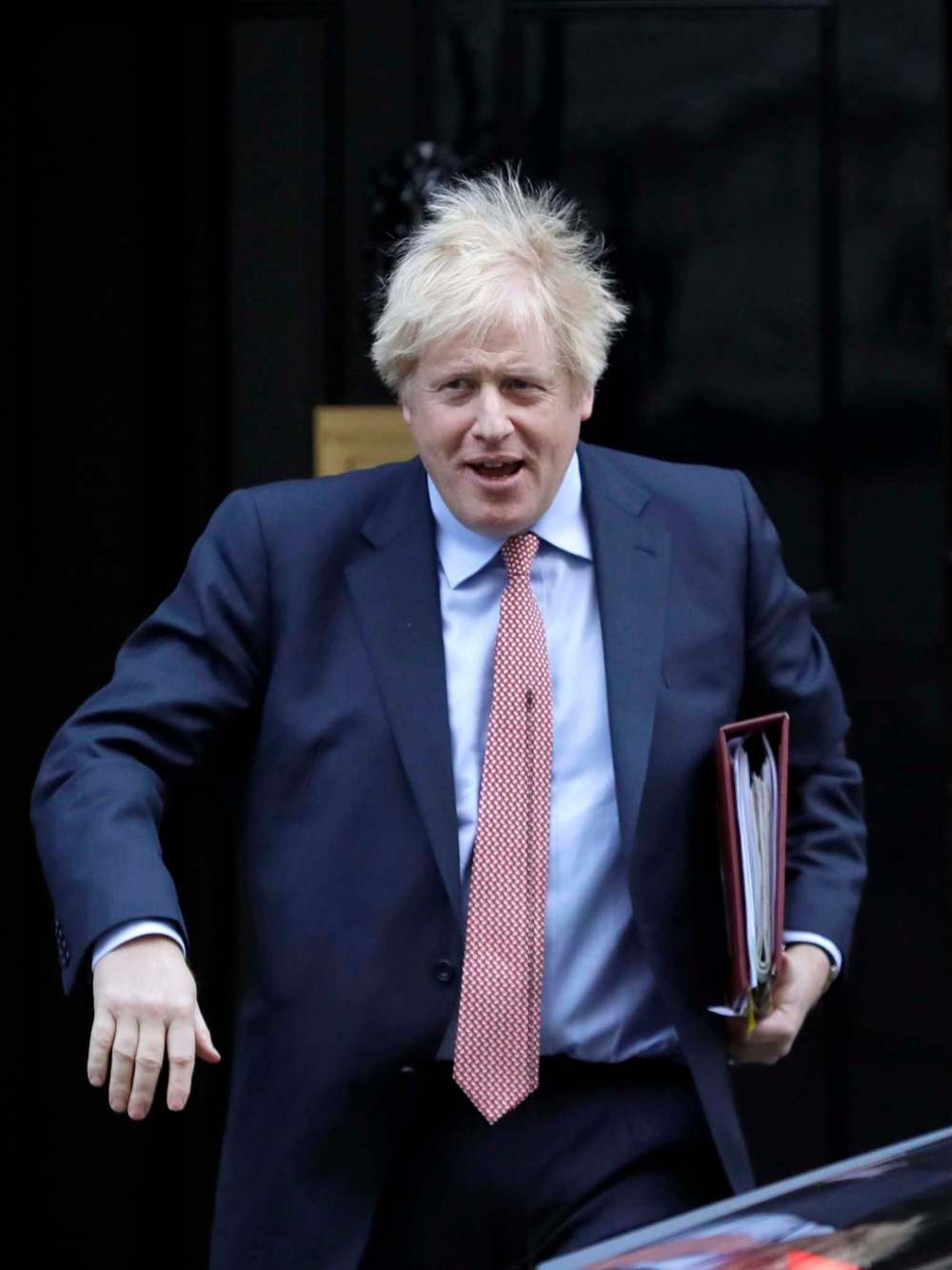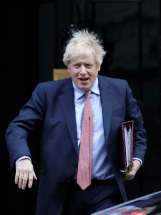Brexit flailing will weaken U.K. trade ties
Read this article for free:
or
Already have an account? Log in here »
To continue reading, please subscribe:
Monthly Digital Subscription
$0 for the first 4 weeks*
- Enjoy unlimited reading on winnipegfreepress.com
- Read the E-Edition, our digital replica newspaper
- Access News Break, our award-winning app
- Play interactive puzzles
*No charge for 4 weeks then price increases to the regular rate of $19.00 plus GST every four weeks. Offer available to new and qualified returning subscribers only. Cancel any time.
Monthly Digital Subscription
$4.75/week*
- Enjoy unlimited reading on winnipegfreepress.com
- Read the E-Edition, our digital replica newspaper
- Access News Break, our award-winning app
- Play interactive puzzles
*Billed as $19 plus GST every four weeks. Cancel any time.
To continue reading, please subscribe:
Add Free Press access to your Brandon Sun subscription for only an additional
$1 for the first 4 weeks*
*Your next subscription payment will increase by $1.00 and you will be charged $16.99 plus GST for four weeks. After four weeks, your payment will increase to $23.99 plus GST every four weeks.
Read unlimited articles for free today:
or
Already have an account? Log in here »
Hey there, time traveller!
This article was published 03/02/2020 (2135 days ago), so information in it may no longer be current.
Britain officially quit the European Union last Friday, eliciting loud hosannas from anti-Europe campaigners and deep anxiety from Britons who wanted to keep their country in Europe. U.K. representatives withdrew from EU assemblies, councils and committees, but for the moment, nothing else changed.
Prime Minister Boris Johnson’s government and the masters of the EU now have to work out how trade, fisheries, migration, citizenship rights, joint public services and other connections, built up during Britain’s 47-year membership, will be managed in these new circumstances. At the same time, Mr. Johnson has to keep the United Kingdom from disintegrating and the EU has to keep its 27 remaining members working together.
Canada will have to figure out what to make of this new entity in the North Atlantic that used to be part of Europe but soon will not be. Is it an important market we should try to trade with, or is it a sinking ship we should steer clear of?

Mr. Johnson said Monday, as he has before, he wants a trade agreement with the EU rather like the 2016 trade treaty between the EU and Canada. This would eliminate tariffs on most merchandise, open government procurement and leave each side free to choose their own social and economic policies and product standards.
The EU has a different plan. Michel Barnier, Europe’s top trade negotiator, said Britain’s access to the EU market will depend on British compliance with EU policies and standards so as to ensure a level playing field. In other words, our market, our rules.
Since the EU population of 446 million far exceeds the U.K.’s 66 million, any compromise between these two positions is likely to tilt Europe’s way. If a compromise cannot be reached, Mr. Johnson and his people will have to get along without a European trade treaty. Since Europe is Britain’s nearest neighbour and main export market, failure to achieve a treaty would be a misfortune for Europe and a catastrophe for Britain.
Withdrawal from Europe has, however, changed the argument over Scottish independence. Scots rejected independence by 55 per cent to 45 per cent in a 2014 vote, when Britain was staying in Europe. Now Britain is dragging the Scots unwillingly out of Europe. A trade deal that erects barriers between Scotland and Europe may sharply change Scottish opinion.
British withdrawal from the EU has already started commercially separating Northern Ireland from the U.K. and attaching it more closely to the Irish Republic. Mr. Johnson’s plan seems likely to weaken Scotland’s attachment as well.
Canada has close sentimental attachments to Britain, the former colonial power that ran this place from far away shaped Canadian institutions and eventually made us run our own country. Because of a long, shared history, Canadians will wish Britain well in its leap into the unknown.
Sentiment should not, however, cloud our vision of the choice Britain has made and the risks it is running. Britain has chosen to be small and local rather than large and continental. It runs the risks of fragmentation, economic decline and political irrelevance.
Like Russia, Britain still passes for a great power and a permanent member of the United Nations Security Council on the basis of its greatness 75 years ago. Time, however, has not been kind to the old dear. She’s making quirky decisions and we can’t do much about it.













